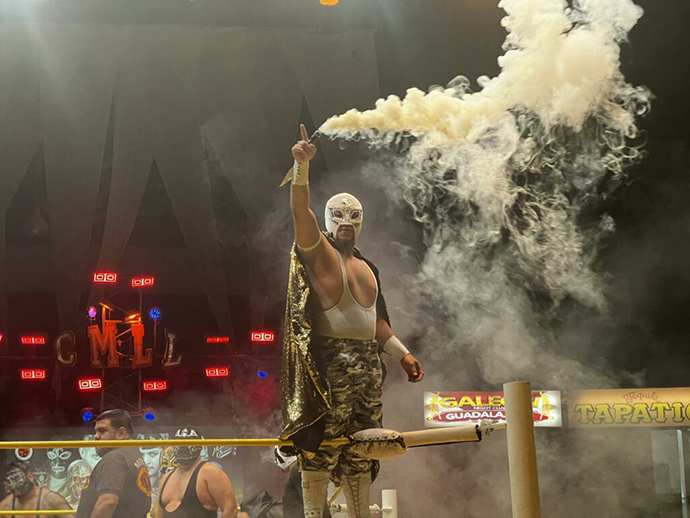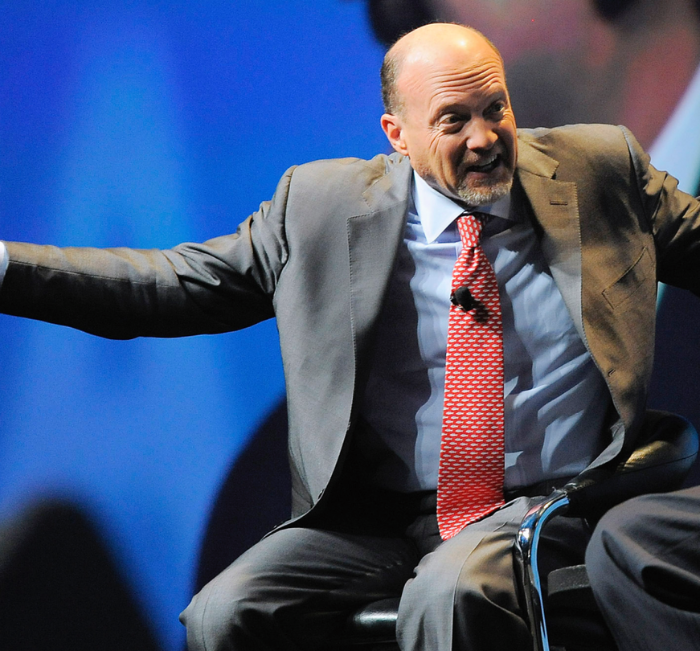Back in February, we wrote an issue on Investing in the Philippines . Some of the most under-discussed opportunities are in investing in other countries, and based on reader feedback, this was clearly one of the best issues we’ve ever done.
So today, we’re continuing our international series with a special report on Investing in Rwanda 🇷🇼
Now, my African travels have been limited to Morocco. I’ve never been to Sub-Saharan Africa, and I don’t know the first thing about the scene there.
But our friend Caleb Maru does. Caleb founded Proximity Ventures , an early-stage venture firm backing the best founders in Africa.
Caleb is also the founder of Tech Safari : A bridge between African tech and the rest of the world. His terrific newsletter is truly the go-to source for all things African tech.

If you’re interested in what’s happening on the world’s largest continent, Caleb and his community are all over it. Before you do anything else, I encourage you to subcribe to Tech Safari .
Let’s go 👇🏽
Table of Contents
Rwanda’s dark past
When you think about Rwanda, what probably comes to mind is the Genocide against the Tutsi.
In one of the worst humanitarian disasters in world history, the 1994 Genocide against the Tutsis saw the rapid and brutal murder of over 800,000 people from the Tutsi ethnic groups by Hutu militias.
It ended when the Rwandan Patriotic Front forces, led by Paul Kagame, took back the country. Remember that name for later.
But In the last 30 years, Rwanda has made an incredible turnaround from this horrific humanitarian disaster, and has become one of the most stable and rapidly developing countries in Africa.
In fact, Rwanda’s turnaround has seen it dubbed the Singapore of Africa . And it’s the best place to start our journey on investing in Africa.
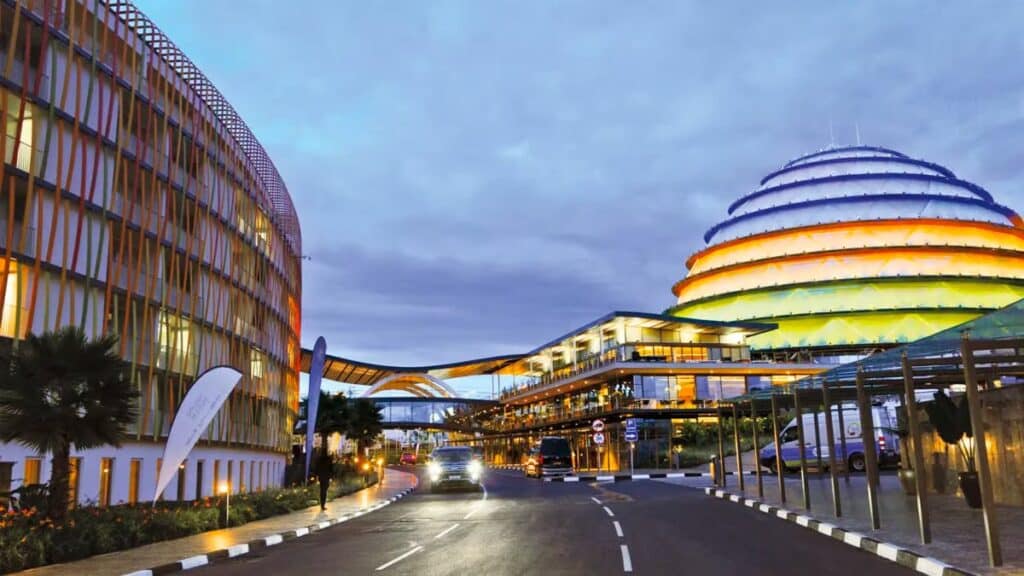
Demographics
Rwanda has a small population of 13 million people , with three main ethnic groups: Hutu, Tutsi, and Twa.
The official languages of Rwanda are Kinyarwanda, Kiswahili, English, and French, but Kinyarwanda is the most widespread. Over half of Rwandan adults speak only Kinyarwanda, while 14% are versed in both Kinyarwanda and English .
Rwanda’s capital Kigali is home to 1.7 million , about 13% of the total population. The rest of the country’s population is spread across rural areas.
Rwanda is actually a tiny country. You can drive from one end to the other in just 6 hours.

However, it is the most densely populated country in Africa (and the 5th most densely populated country in the world.)
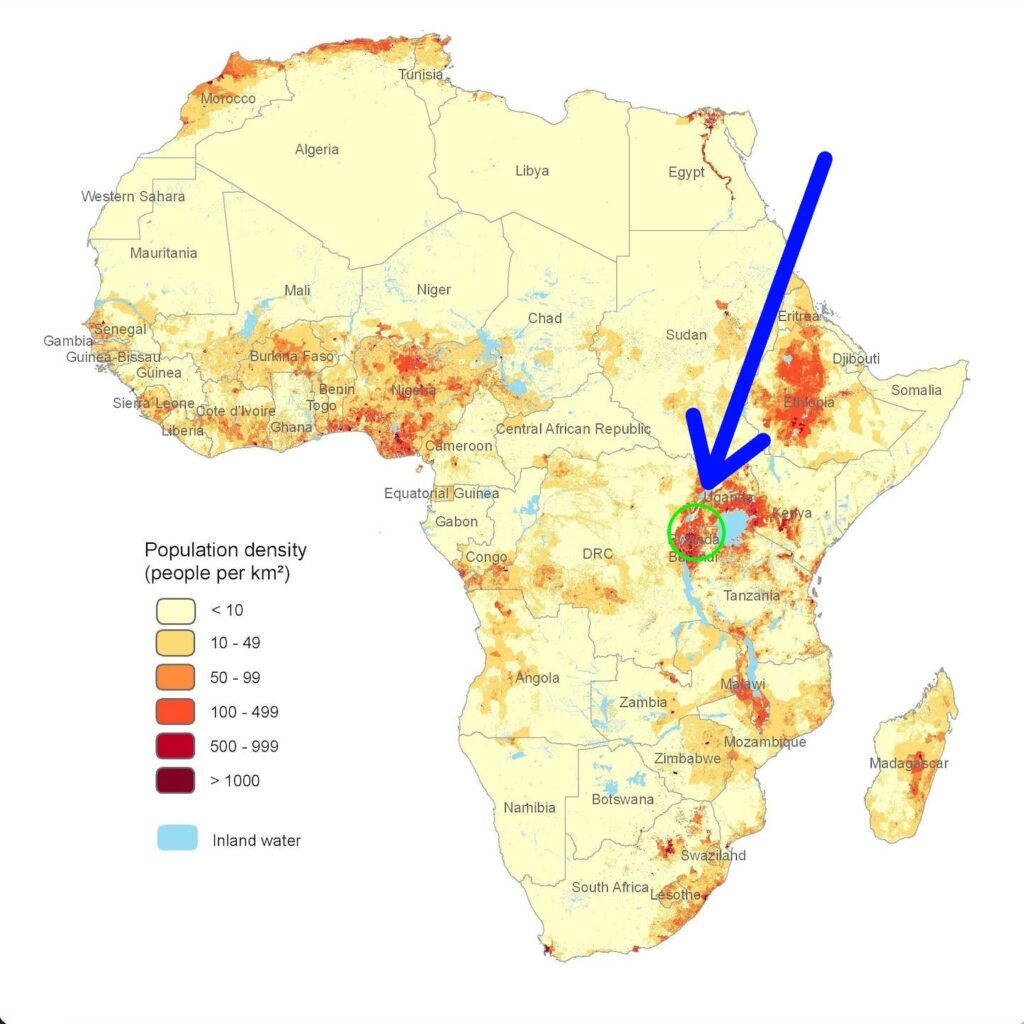
Like much of Africa, 65% percent of Rwanda’s population is under the age of 30 .
And after the brutal humanitarian disaster in 1994, the country has been committed to recovering and rebuilding a stronger nation.
It’s come together under the leadership of one man: Paul Kagame.
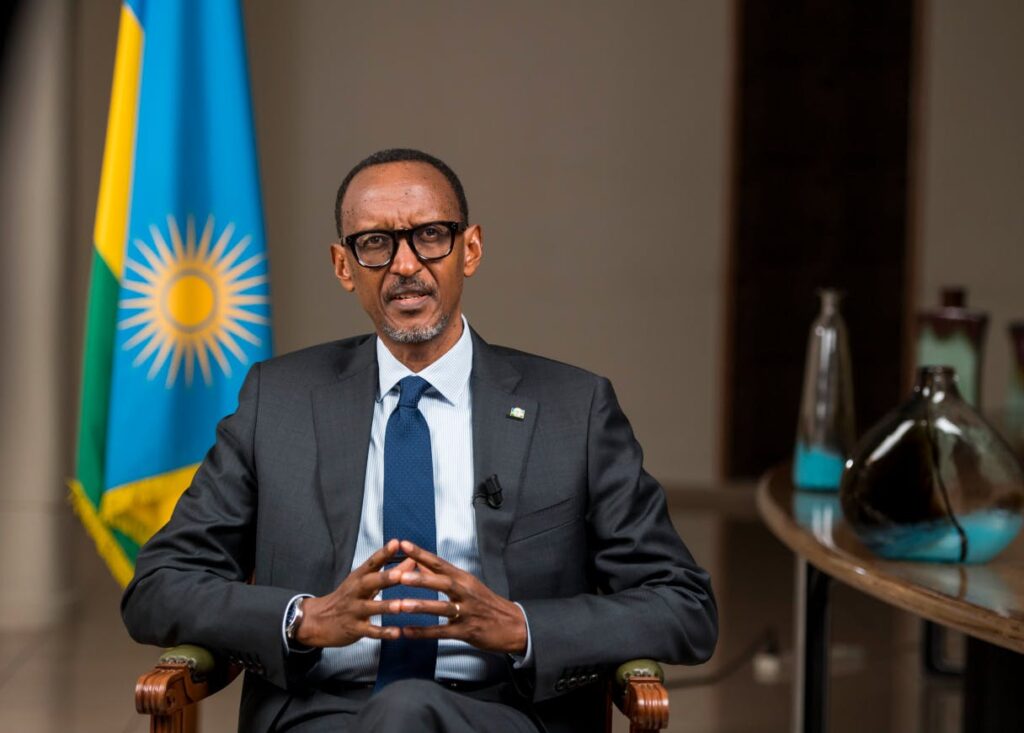
Kagame is credited with leading Rwanda’s remarkable transformation since the Genocide. He’s brought transformative economic growth, stability, and improvements in education and healthcare.
In Rwanda, Kagame is seen as a visionary leader. To other African nations, Rwanda’s recent progress makes it seem like a model country.
But Kagame’s perception is mixed depending on who you speak to. And often, western rhetoric can forget African realities and their historical context — which is complicated, politically volatile, and riddled with corruption.
Still, Rwanda is East Africa’s gem, with a government and a population working together for better outcomes.
That sense of community, respect and national pride is evident when you’re in Rwanda.
But the best example of it in practice is a tradition called Umuganda.
What is Umuganda?
Rwanda has been voted the cleanest country in Africa, with its c





